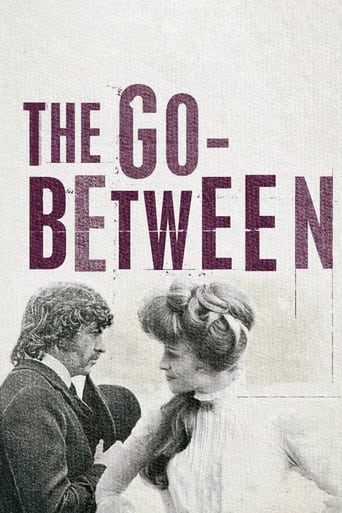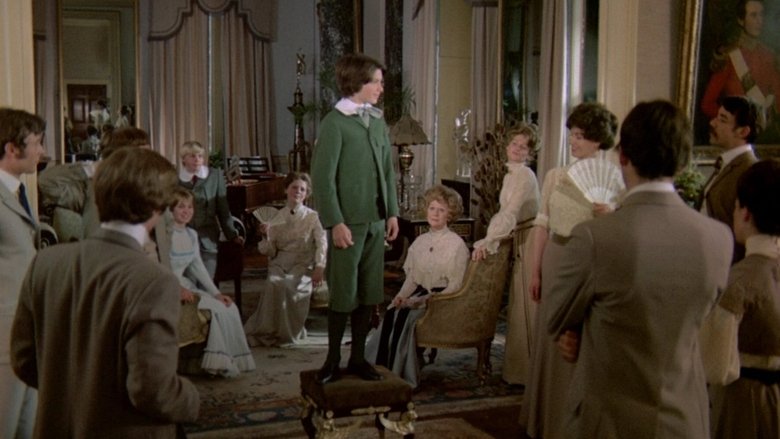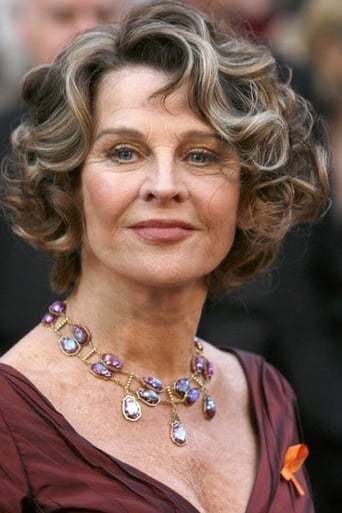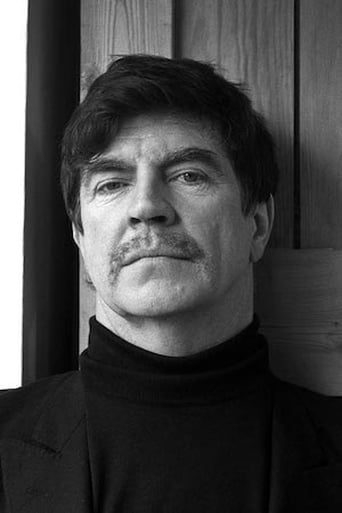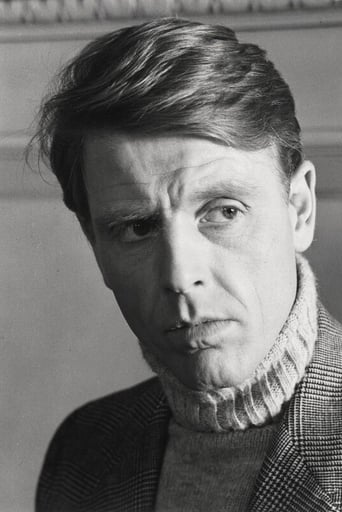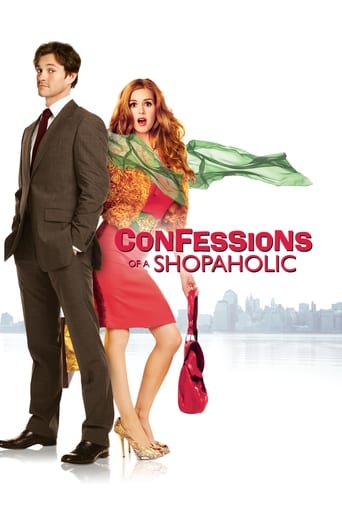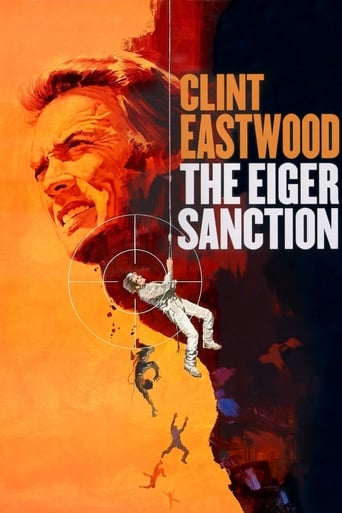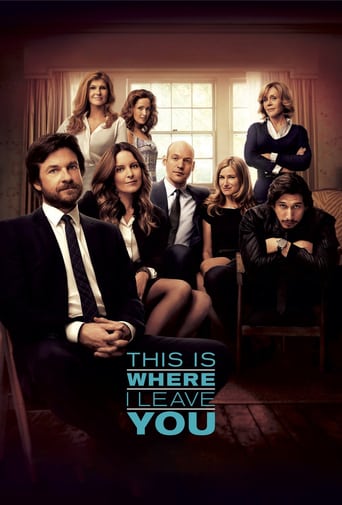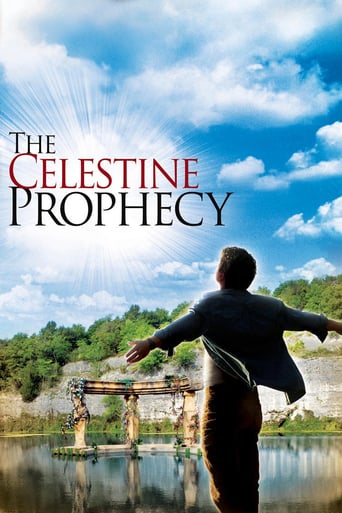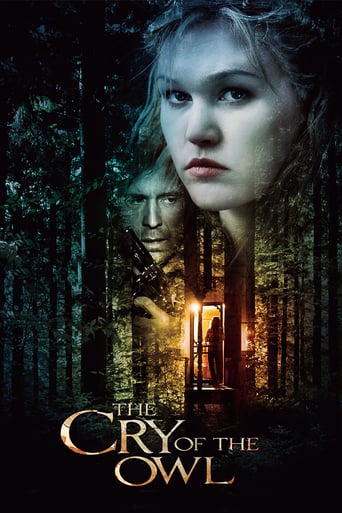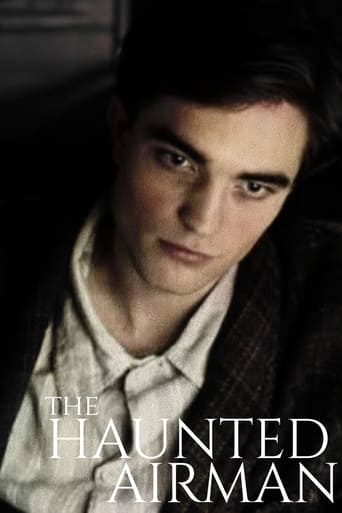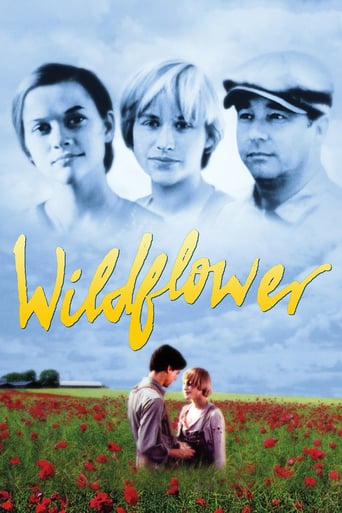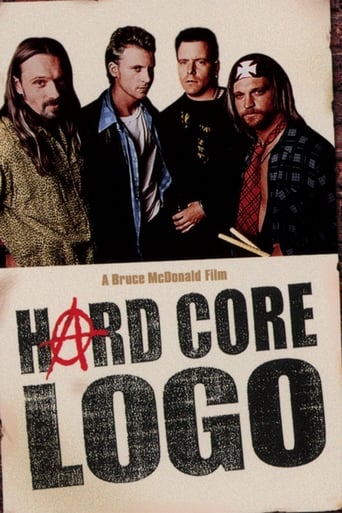The Go-Between (1971)
British teenager Leo Colston spends a summer in the countryside, where he develops a crush on the beautiful young aristocrat Marian. Eager to impress her, Leo becomes the "go-between" for Marian, delivering secret romantic letters to Ted Burgess, a handsome neighboring farmer.
Watch Trailer
Cast
Similar titles
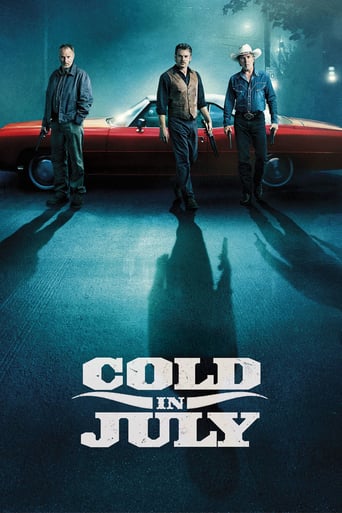
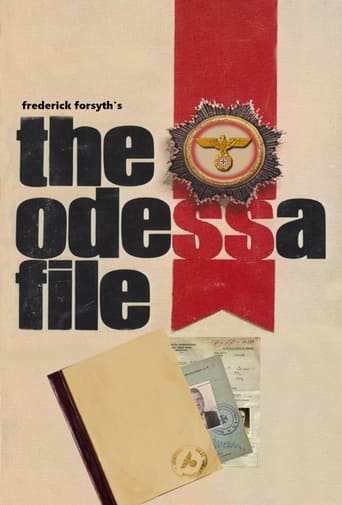
Reviews
Pretty Good
One of the worst ways to make a cult movie is to set out to make a cult movie.
The movie turns out to be a little better than the average. Starting from a romantic formula often seen in the cinema, it ends in the most predictable (and somewhat bland) way.
One of the worst ways to make a cult movie is to set out to make a cult movie.
This film ought to be better than it is, because it has a lot going for it. The third in a trilogy of movies about the English class system, it benefits like its predecessors (The Accident and The Servant) from a well crafted, highly literate script by Harold Pinter. The house it is largely set in and around - Melton Constable - looks stunning, very different from its present sad condition. It benefits from a stellar cast of actors, some of the best in the UK at the time. Julie Christie looks absolutely gorgeous, at her best, and Margaret Leighton turns in a dazzling performance as the embattled and indignant matriarch. So where does it fall down? It lacks tension to start with. Losey's direction is lacklustre, just look at the cinematography in some of the longer, interior scenes, it's basically painting by numbers. The whole film is languid, like the hot Norfolk summer it is set in. The colour print has not worn well. And the music is inappropriate for both tone and plot, all jangling piano, far too loud and intrusive. Still, it's worth watching for the recreation of rural England pre-1914. This is so well done, albeit a tad over the top at times in the playing up of class differences (especially in the cricket match)
American screenwriter and director Joseph Losey's twenty-third feature film which was written by English playwright, screenwriter, actor and director Harold Pinter (1930-2008), is an adaptation of a novel from 1953 by British author Leslie Poles Hartley (1895-1972). It was screened In competition at the 24th Cannes International Film Festival in 1971, was shot on location in the county of Norfolk in England and is a UK production which was produced by German-born British producer John Heyman and British producer Norman Priggen. It tells the story about Leo Colston, a 12-year-old student and a kind of magician who in a hot summer of 1900 is invited as a guest to a countryside mansion called the Brandham Hall in Norfolk by an aristocratic family named Maudsley. Leo has come there mainly due to his schoolmate Marcus who is the son of Mr and Mrs Maudsley, but his initial reasons for being there changes when he notices Marcus' elder sister Marian.Distinctly and precisely directed by American filmmaker Joseph Losey (1909-1984), this quietly paced fictional tale which is narrated by the protagonist and from multiple viewpoints, draws a gripping portrayal of the moral and emotional dilemma an adolescent boy is faced with after becoming a secret messenger and the forbidden relationship between an aristocratic and affianced young woman and a tenant farmer who has to hide their romance. While notable for its naturalistic and atmospheric milieu depictions, sterling production design by English production designer Carmen Dillon, cinematography by English cinematographer Gerry Fisher, costume design by costume designer John Furniss and the fine editing by English film editor Reginald Black (1902-1992), this character-driven and narrative-driven period drama where an aging man reminiscence a pivotal year in his life when his young heart was struck by a magnificent woman, depicts an empathic and incisive study of character and contains an efficient and prominent score by French composer Michel Legrand.This romantic, suspenseful, reflective and stringently structured story which is set against the backdrop of a rural county near the city of Norwich in East England in the late 19th century, examines themes like friendship, class distinctions, loss of innocence and is impelled and reinforced by its fragmented narrative structure, substantial character development, subtle continuity, foreboding and harmonic atmosphere, graceful aura, exceptionally moving flash forward scenes and the memorable acting performances by former English actor Dominic Guard in his debut feature film role, English actress Julie Christie, English actor Sir Alan Bates (1934-2003), English actress Margaret Leighton (1922-1976) and English actor Edward Fox. An eloquent, literary and nostalgic coming-of-age tale from the early 1970s which brilliantly combines various genres and which gained, among numerous other awards, the Palme d'Or at the 24th Cannes Film Festival in 1971.As their two previous cooperation's, Joseph Losey and author Harold Pinter's third and final collaboration is a film adaptation of a novel by a 20th century British writer and an artistic character piece that examines and emphasizes the internal struggles of characters from upper and lower social classes who are either by themselves or others led into predicaments that unravels their frailty. This mysterious and condensed triangle drama which follows the memories of a main character who looks back at a faraway past that has left him scarred for life, is a timeless and masterful cinematic accomplishment.
When one hears the music from the Thomas Crown Affair, Summer of '42 and Yentl, its easy to understand why composer Michel Legrand has won three Oscars. I think for this film he had a really, really off-day. The strident piano music sounds like an attempt to harmonically illustrate the discord between the Leo's infatuation with the beautiful Marian, and the actuality of her coquettish behaviour. It's ridiculously unsubtle and becomes more and more tiresome as it repeats with almost every dramatic turn the film takes. The only other criticism is that some of flash forwards are very poorly lit and I can't see how this is for any particular dramatic effect. The cast is superb - Margaret Leighton well deserving her Oscar nomination, the dialogue is nicely balanced, the pace well-judged. Lovely film - really awful music.
Easily one of the best acted, best directed and most intellectually intriguing films I have ever seen. Julie Christie is so lovely that you will never forget her. The screenplay by Pinter is impeccable, building a rhythmic alternation of times and places, an alternation that ultimately crashes together. I have seen this movie several times - like Casablanca, it just keeps getting better - and have taught it to inner-city pre-freshmen - they loved it. They were not at all used to films that try to be artistic creations, and the slowness of the pace at first threw them off. However, once we explored the multiple levels of meaning and revelation in each of the initial scenes, they became drawn into the film, caught up in its mystery and romance and fascinated by the vision of a totally alien, yet oddly familiar, world. Losey at his best is on a par with Renoir. Why isn't this film on DVD? Even the background music is really good.
